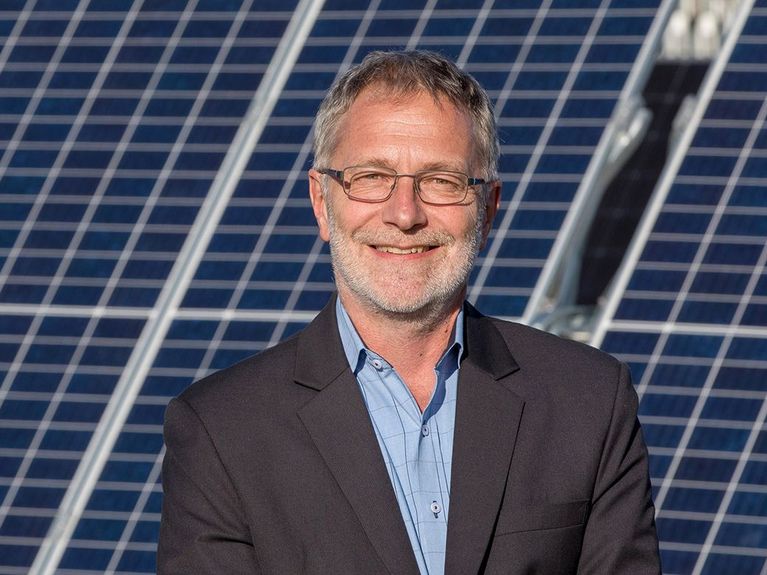Martin Keller Elected New President of the Helmholtz Association

Dr Martin Keller. Photo: NREL
Berlin, October 30, 2024 – The Helmholtz Association has appointed internationally respected US-based scientist Martin Keller as its new president. Following a unanimous vote by the Assembly of Members last Wednesday, the Helmholtz Senate approved the decision today. Keller has lived in the United States for nearly three decades, during which he has held various scientific leadership roles at prominent institutions. Since 2015, he has directed the National Renewable Energy Laboratory (NREL) in Golden, Colorado. His term begins on November 1, 2025.
Today, the Senate of the Helmholtz Association unanimously elected Martin Keller as the next president of the Helmholtz Association. By doing so, the Senate has endorsed the recommendation of the Assembly of Members from October 23, 2024, which was also unanimous. The current president, Otmar D. Wiestler, took office in 2015 and will step down next year after two terms, in accordance with the applicable bylaws.
“I would like to sincerely thank the Helmholtz Assembly of Members and the Helmholtz Senate for their great trust,” says Martin Keller. “Being offered this position is a tremendous honor and at the same time a significant challenge that I am eager to take on. In all my previous professional roles, my main focus has always been on making the largest possible contribution to society through research. The Helmholtz presidency is a unique opportunity to do so. With its 46,000 employees, outstanding infrastructure, and focus on key future topics, the Helmholtz Association is a global leader in the search for answers to the most important questions of our time.”
“I am very pleased that with Dr Martin Keller, an internationally respected researcher and highly successful research manager has been secured as the next president of the Helmholtz Association,” announced Bettina Stark-Watzinger, Germany’s Federal Minister of Education and Research. “Dr. Martin Keller will bring with him an outstanding international reputation and network, to the benefit of our science and innovation hub. His presidency represents a tremendous opportunity for the further development of the Helmholtz Association, and for science and research in Germany. I would like to express my heartfelt thanks to the entire selection committee and its chair, State Secretary Judith Pirscher, for their successful work.”
According to Helmholtz President Otmar D. Wiestler: “I am very pleased that we were able to establish a solid foundation for my succession early on, and with such an impressive outcome. Martin Keller is a strategic leader who can boldly cross disciplinary boundaries and has a talent for tackling and overcoming complex challenges in large teams. As the director of one of the leading national labs in the US, he will not only bring excellent international networks with him, but also set new benchmarks in scientific management and knowledge transfer. Given his expertise and his external view, he is an ideal candidate to strengthen interdisciplinary collaboration within the Helmholtz Association and to enhance its global standing.”
Martin Keller has served as Director of the National Renewable Energy Laboratory (NREL) in Golden, Colorado, USA, and as President of the Alliance for Sustainable Energy – the company that operates NREL for the US Department of Energy – since 2015. NREL is broadly considered to be the leading research institute for renewable energy and energy efficiency in the United States. From 2006 to 2015, he held leading positions at Oak Ridge National Laboratory, most recently as Associate Laboratory Director for Energy and Environmental Sciences. Keller studied at the University of Regensburg, Germany, where he completed a PhD in microbiology. In 1996, he moved to the US to join the rising biotech company Diversa. Martin Keller is a Fellow of the American Association for the Advancement of Science (AAAS) and serves on the Supervisory Board and Scientific Advisory Council of the Forschungszentrum Jülich, as well as on numerous other scientific committees.
Readers comments